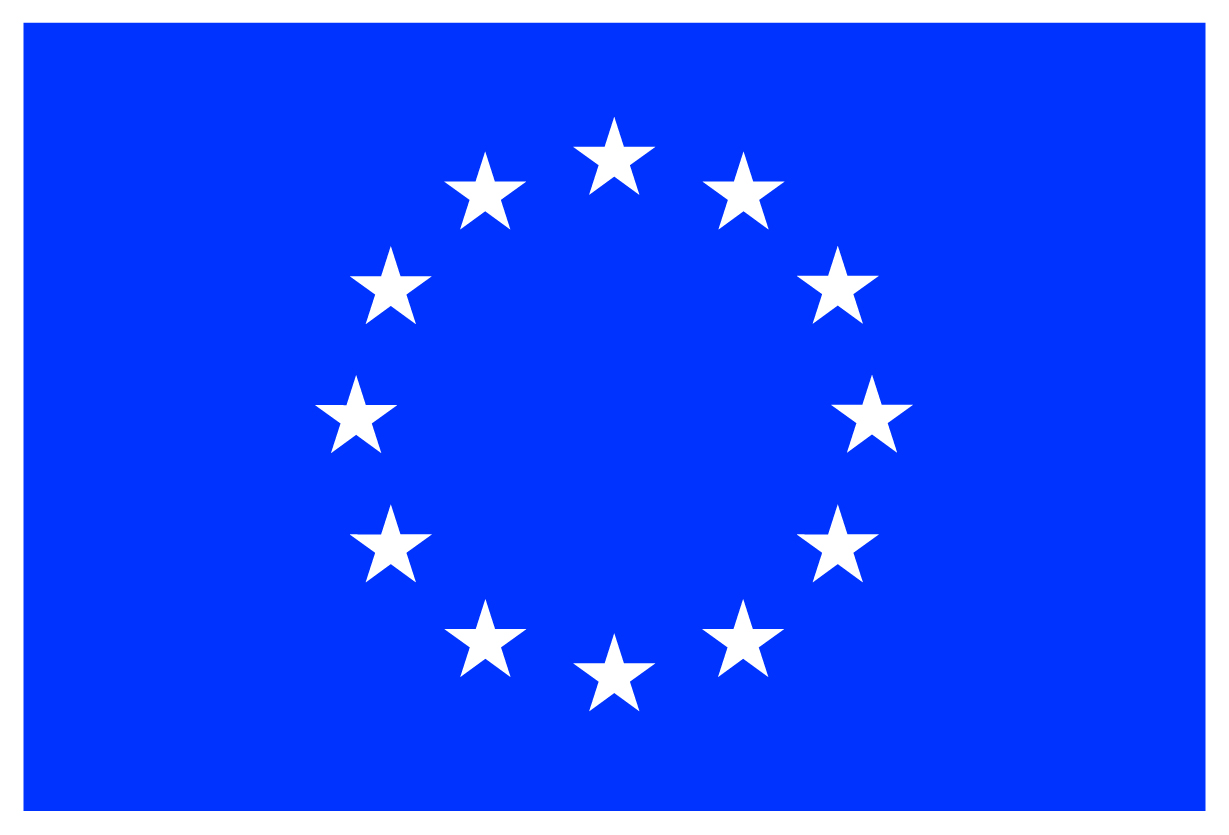ENTITLE | Reading Group
Lampedusa (un)disciplined
Gaia Giuliani (CES)
April 19, 2016, 16h00
Room 1, CES-Coimbra
Abstract
As a disciplined geography, Lampedusa represents the hyper-real functioning (or dis-functioning) space for border control. Site of biometrics and definitions of European ?imagined community?, Lampedusa is the conundrum of a number of colour lines/borders that have old and more recent origins: the North/South (Continental Europe vs. Mediterranean Europe), the South-South (Mediterranea Europe vs. Mediterranean Africa), South-East (Mediterranea Europe vs. the Middle East) faults ? constructed within a set of discourses that are racialised, gendered, and sexualised. My paper wants to explore the overlapping of local, national and international colour lines and European borders, their cooperation in constructing a system of definitions that fixes the meaning of ?life? (Butler) and distictions between ?killability? and ?grievability? (Asad) within what Talal Asad has called the «small colonial wars». By local, national and international colour lines, I mean the cultural, social, geographical axes assigned of a specific colour (racialised identities) by European agencies implied in transnational migration?s control and management. As European borders I mean those established ? and continuosly shifting ? by European government(s) in order to contain Europe within an idea of itself that identifies EU as the Northern avampost of civilisation, whiteness and rightfulness.
Bio
Gaia Giuliani (PhD: University of Torino 2005; Postdocs: University of Bologna 2009; University of Technology Sydney 2010) has been research assistant in Political Theory and Colonial and Postcolonial Studies at the University of Bologna (Italy), Dept. Social and Political Studies (2013-2015) and undergraduate supervisor at the Department of Sociology, University of Cambridge (UK) (2015). She has been honorary visiting scholar at the University of Technology Sydney, NSW (June2007-June2011), at the University of Leeds, UK (Oct-Dec2013) and at Goldsmiths College, University of London, UK (April-Dec2014).
Her research interests focus on visual constructions of race and whiteness from an intersectional viewpoint in British and Italian nation-building processes and colonial experiences, the US, the Pacific, and postcolonial Europe. Her methodology crosses Critical race and whiteness studies, Postcolonial Theory, Cultural and Gender studies and uses a number of texts (written and visual; political, literary, and scientific). In 2014 she has founded with several scholars the Interdisciplinary/Intersectional Research Group on Race and Racisms (InteRGRace) that is based at the FISPPA, University of Padua. Her research project at CES aims at a critical discourse analysis of texts coding 'fears of disasters and crisis' and their cultural, social, and political impact on European self-representations in terms of racial formations and 'white fantasies'. In order to grasp how and to what extent 'fears of disaster' engender European self-representations, it investigates the emotional coding of 'sameness' and 'otherness' at play in modern unified Europe.
Organization: Stefania Barca (CES)
Nota: Evento no âmbito do projeto ENTITLE - Rede Europeia de Investigação de Ecologia Política, Oficina Ecologia e Sociedade e Núcleo de Estudos sobre Políticas Sociais, Trabalho e Desigualdades (POSTRADE)


![]()

